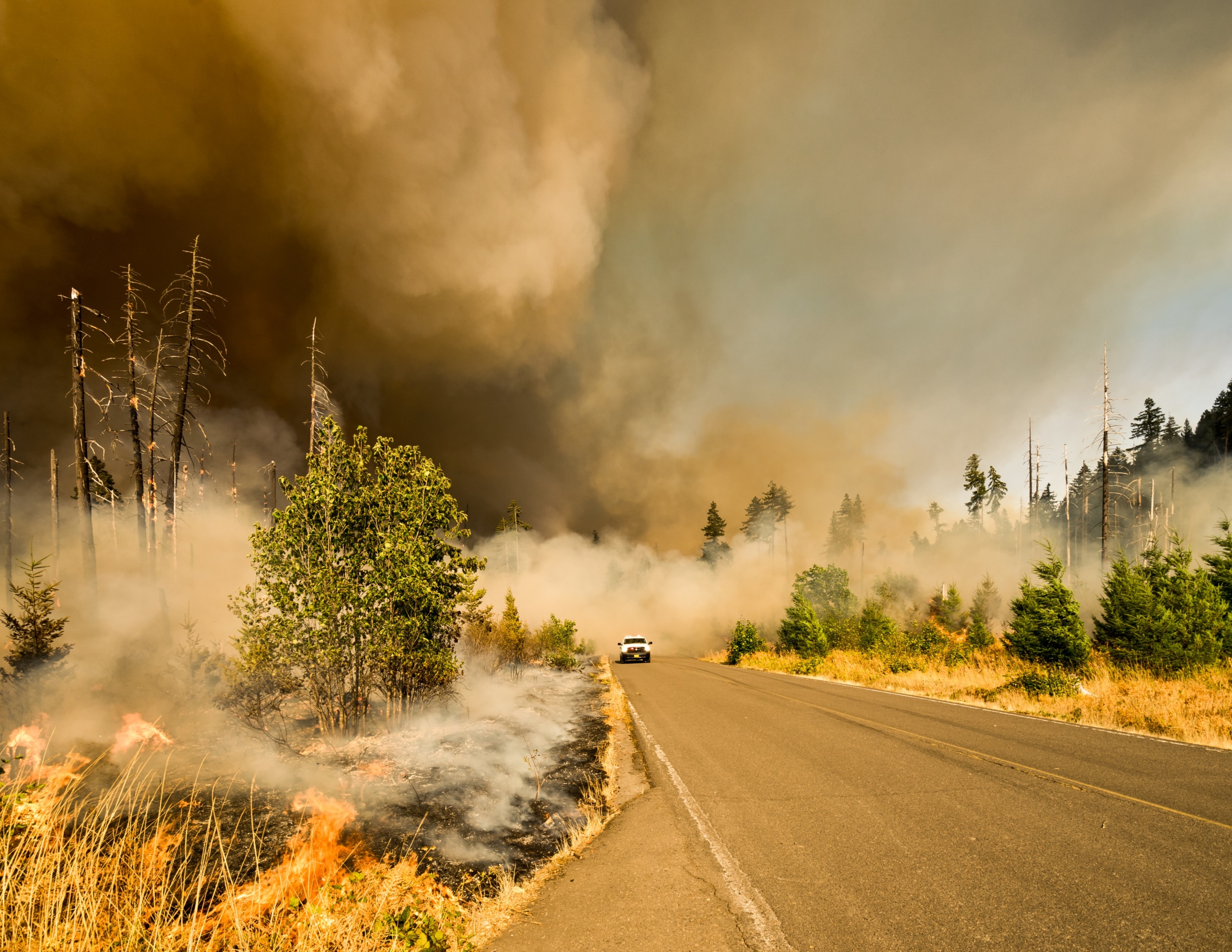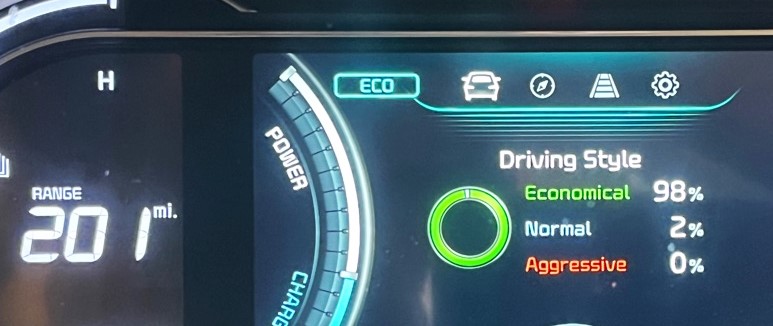
Summer on the Road
Going Farther on a Gallon of Gas
As summer approached, the dangers of our continued dependence on oil are apparent everywhere we look. In 2012, we have already experienced the hottest average temperatures ever recorded through April in the United States. At the same time, increasing evidence is still coming forth of long-lasting harm from the BP oil spill, and other tragic spills have occurred in waterways throughout the country since.
Downloads
Environment New Mexico Research & Policy Center
As summer approached, the dangers of our continued dependence on oil are apparent everywhere we look. In 2012, we have already experienced the hottest average temperatures ever recorded through April in the United States. At the same time, increasing evidence is still coming forth of long-lasting harm from the BP oil spill, and other tragic spills have occurred in waterways throughout the country since.
Our oil dependence risks our environment to disasters like oil spills, endangers our climate with the nearly 2 billion metric tons of global warming pollution from oil consumption each year, and threatens our families’ health. With prices in some areas hitting $4 per gallon once again, our oil consumption is also puttnig an incredible burden on American families’ financees. It’s time for us to break our dependence on oil.
The transportation sector accounts for nearly two-thirds of the nearly 19 million barrels of oil consumed each day in the United States. The largest percentage is consumed by passenger cars and light trucks such as SUVs, vans, and pickup trucks. Our greatest opportunity to cut America’s oil consumption is to set strong global warming pollution and fuel efficiency standards for our cars and trucks.
The summer travel season is the most popular time of the year for driving, which means it’s also when Americans most feel not just the environmental consequences of oil, but the economic pain at the pump. Americans are expected to spend more than $132 billion at the gas pump this summer.
American ingenuity has provided the technology to make our current vehicle fleet much cleaner and more fuel efficient. Automaker have developed plug-in hybrid cars that can travel 100 miles on a gallon of gas and U.S. auto dealers are selling electric cars that can go more than 200 miles on one charge. Meanwhile, numerous technologies are already being put to use to make conventional internal combustion engine vehicles more efficient. Recognizing this, the Obama administration is currently developing new fleet-wide fuel efficiency and global warming pollution standards for cars and light trucks through 2025.
Topics
Find Out More


Carbon dioxide removal: The right thing at the wrong time?

Fact file: Computing is using more energy than ever.

